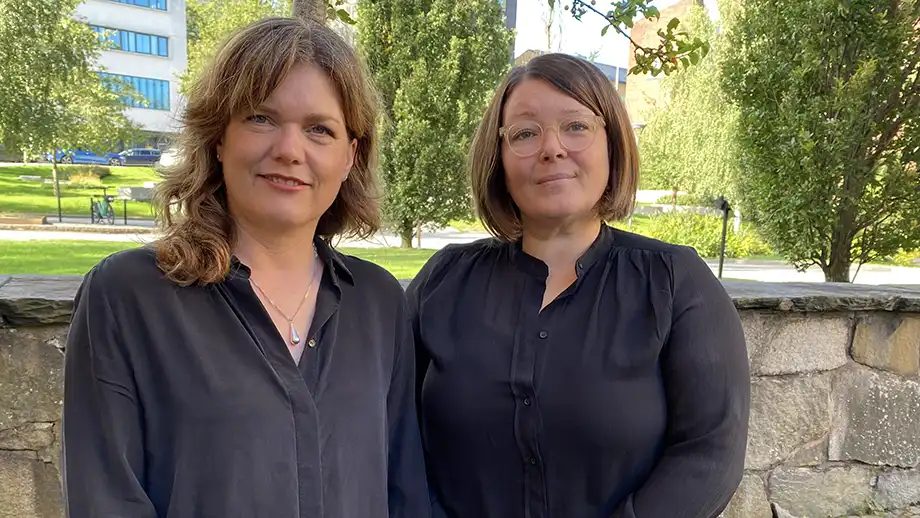New course on sustainability and gender equality in funding applications

Researchers seeking funding may need to consider both sustainability and gender equality. There is now a course on Canvas that supports KTH researchers in this regard.
KTH's Research Support Office (RSO) has developed the latest in a series of course modules. The course focuses on sustainability and gender equality, diversity and equal opportunities (JML) and is delivered via the Canvas learning platform. It is primarily aimed at researchers but is open to all employees.
"Greater demands from funders"
"KTH's research should contribute to sustainable development. Management has long supported this. External funders are also placing greater demands on demonstrating that projects contribute to sustainable development," says Karin Larsdotter, project manager for research at the KTH Sustainability Office and content manager for the sustainability section of the course.
The two subject areas share a module because they are closely related. Regarding JML, it is primarily gender equality that may need to be addressed in order to be eligible for funding in both Sweden and the EU.
Introduction to gender and equality
The JML section consists of an introduction to gender and equality, as well as short films on how such aspects can be included in funding applications and research, and why this can be important for quality and relevance.
“Quantitative gender equality is about numbers, such as how many men and women there are in a group. Qualitative aspects can relate to work cultures in research environments. Applications may need to include discussions on whether gender or diversity perspectives can be included, and also consider how the research results could later affect different groups in society. We continuously update the course to support researchers with current requirements, says Klara Folkesson, strategist at KTH Equality Office, who is responsible for the JML content of the course.
The course also provides insight into KTH's systematic work with JML issues, which must meet legal requirements and government mandates, as well as overall internal KTH objectives.
Short films about different concepts
The sustainability section consists of short films about various concepts, such as the three pillars of environmental, economic and social sustainability that form the basis of the UN's 17 global sustainability goals.
“Researchers can see which goals they can contribute to achieving, but also whether there are goals where research results risk contributing to negative effects. They can address this and gain a broader perspective, since all global goals influence each other,” says Karin Larsdotter.
An information section from KTH Lean Center also highlights the importance of collaboration with external actors.
Anyone interested in taking the course can email Pierre Bodin at RSO.
Text: Sabina Fabrizi
